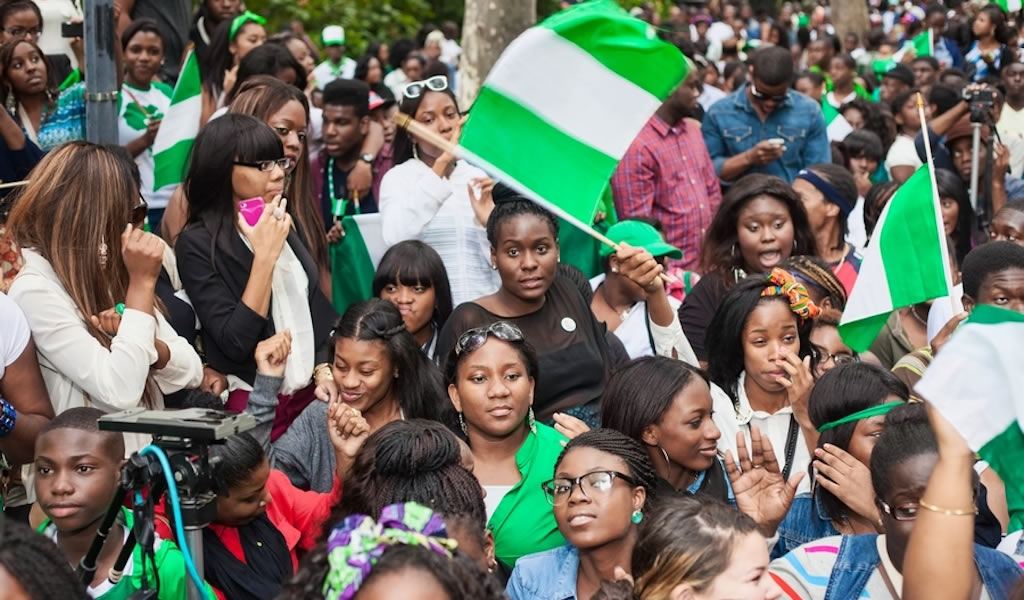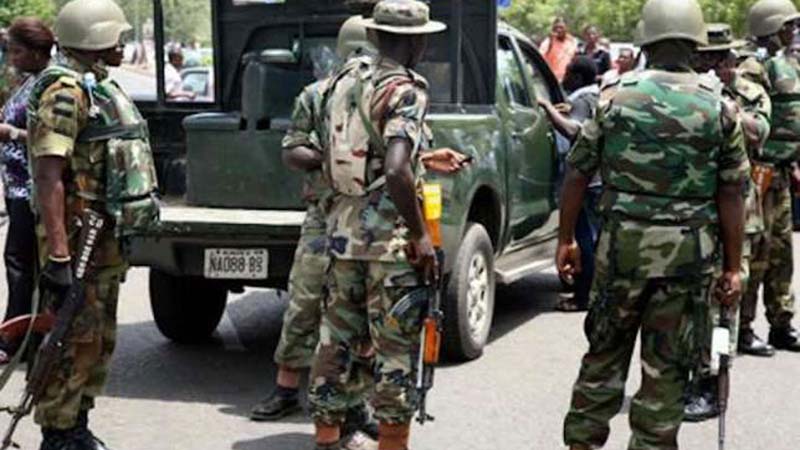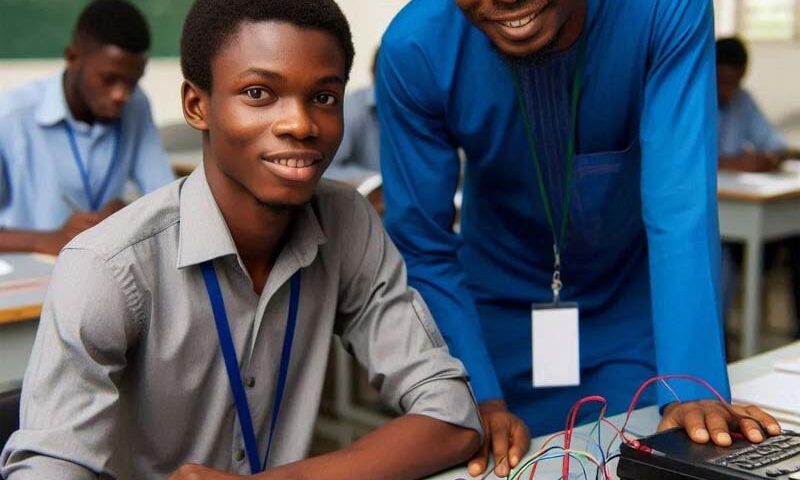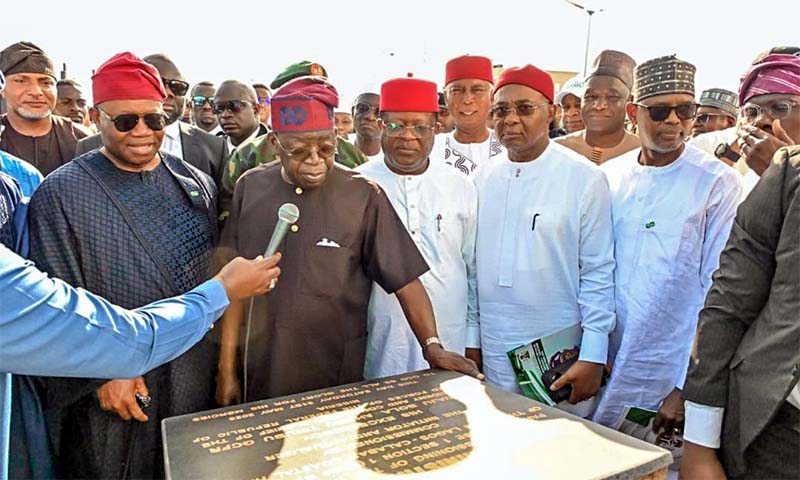“We do not need to keep arguing whether Nigeria is Africa’s giant or not, it is and you do not waste your time disputing that! with one in six Africans being Nigerian, making it the seventh most populous country in the world.
With over 200 million people, 65% active youth population and the coastal state of Lagos alone harboring a population equal to about 7 or more African countries. Nigeria is certainly not a country to overlook by any business or social developmental analyst. Nigeria’s demographic projection alone for 2050 even as lesser as 2030 places the West African nation at 420 million inhabitants or thereabout. If you share that under any development index, whether it is business or social infrastructure, foods, healthcare and other basic amenities of human necessities, Nigeria will be on priory list of every manufacturer of goods and services.
Now among all the unimaginable shockers, Nigeria’s GDP per capita is less than $5,000 and do not appear to get higher in the next coming year, I stand to be proved wrong.
More so, placing Nigeria at Number 161 out of 189 countries on the United Nations Human Development Index, making it one of the poorest countries in the world appears an insult to both Nigeria’s business men and most especially the Political elites. As of 2018, Nigeria is the biggest economy in terms of nominal GDP, followed by South Africa; in terms of PPP, Egypt is second biggest after Nigeria.
The economy of Nigeria is a middle-income, mixed economy and emerging market, with expanding manufacturing, financial, service, communications, technology and entertainment sectors and is ranked as the 27th-largest economy in the world in terms of nominal GDP, and the 24th-largest in terms of purchasing power parity (PPP), perhaps somebody should prove me wrong.
“any business man, investor, government or private groups that move his vehicle at the green light is sure to tap into the hidden wealth in Nigeria’s over 200 million people
This is where the green light is most bright, service delivery and feeding the Nigeria bludgeoning and hungry population, any business man, investor, government or private groups that move his vehicle at the green light is sure to tap into the hidden wealth in Nigeria’s over 200 million people with dependable purchasing power.
Therefore, I do not understand Nigeria’s position as among the poorest in the world with all these signs of prosperity at right, left and center.
I can understand the noise about revisiting the Agricultural sector. Whenever I visit any of those emerging malls in Lagos, I take time to visit the food section to see how the noise on agriculture is yielding results, I visit the electronics and ancillary goods section to see how far the noise on manufacturing and industry is yielding result and I see nothing but Imports upon tons of imports of basic electrical and technology goods from China.
I can understand the existing challenges in the power industry and ease of doing business but not with feeding this bludgeoning population which those who have been able to tap into the golden offer is smiling to the banks at every turn.
It will continue to amount to a waste of time and energy singing how Nigeria’s economy shifted from agriculture and pastoralism to industry after the discovery of oil and natural gas, rather than create the desired goals, it has fueled laziness to think and grow the economy while Nigeria continue to sink in its own dug cesspool of mismanagement and confusion.
“As of 2018, Nigeria is the biggest economy in terms of nominal GDP, followed by South Africa; in terms of PPP, Egypt is second biggest after Nigeria.

Nigeria remains the giant of Africa
We do not need to keep arguing whether Nigeria is Africa’s giant or not, it is and you do not waste your time disputing that! with one in six Africans being Nigerian, making it the seventh most populous country in the world. As we advance towards 2030 and beyond, Nigeria will become the fourth most populous country in the world and two out of every six Africans will be Nigerian.
The major challenge the managers of Nigeria will have to deal with is managing its population and diverse ethnic nationalities brewing in distrust that’s almost tearing the Nigeria nation to shreds. This will be their worst undoing if the leaders do not confront their fears and deal with their own self-deceit claim of patriotism that are based on tribal affiliations and ethnic claims of superior race while the rest are subjugated rather than the nation state, Nigeria.
Nigeria do not deserve this shameful nametag of poverty and acclaimed world rating of miserable poor nations – that is not acceptable,despite its hydrocarbon wealth, its active workforce of youth population just asking for the opportunity to be engaged meaningfully and not as political thugs, ballot snatchers and miscreants loafing about the streets of Lagos while the rest struggle their way through every exit out of the country in search of a better life.
Unless these anomalies are brought under control, it is a known fact that Nigeria will be heading towards a sad end as the population grows exponentially and the political elite won’t be spared either.This situation will have serious repercussions, fundamentally in two aspects: first, the accumulation of discontented people around the mega-cities who are bent on unleashing their anger and frustration upon everything including the political elites and whatsoever is their interest both business and security, these disgruntled and frustrated young people are certain to unleash enough misery upon the nation as it is already evidence in Northern Nigeria. Second is the painful and sad image problem of criminalizing everything Nigeria as a result of the outcome of the mismanagement of the active youth population and Nigeria’s diversity. Everyone at every oversea border will be viewed under the prism of ‘the wrong sets of people’ to relate with, for no just cause other than ‘running away from Nigeria’ to anywhere we will find respite. Business and development will be badly affected, more worrisome will be the loopholes that will be created as a result of confused policies, smart foreign visitors will crawl in and rake in huge profits and walk away leaving Nigeria badly beaten.
Now and most importantly, Nigeria needs to deepen key elements such as decentralisation and devaluation of power from Abuja; I am amazed anytime the Nigeria president and his coterie of admirers is confronted with this idea and they vehemently decline any idea on restructuring and devaluation of powers to even the burden of development and mismanagement that has never, ever been at the favour of the country at any interval. Unless they are comfortable with the sordid situation of the federating states and disturbing Nigeria’s unity then it must be made clear that none of them will escape the consequences of their negligence at the appropriate time.
Who are the winners
and the public economy, as there are large differences between states. Conflicts could increase due to the disproportionate increase in poverty, and pressure from north/south or Muslim/Christian beliefs could become relevant. We should not forget the Biafra conflict, which still recalls the more than one million people who perished, mostly from hunger and disease, and which ended with the triumph of the union against secession in the 1970s.
While Nigeria has all the privilege of time, It is now most imminent that its leaders have to think about how to deal with the economic and social reality of a country that is already an African giant albeit portrayed as poor and a failure.






